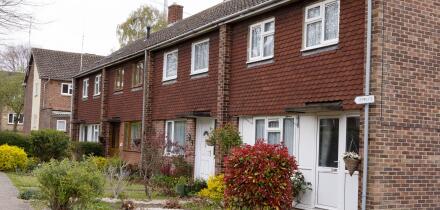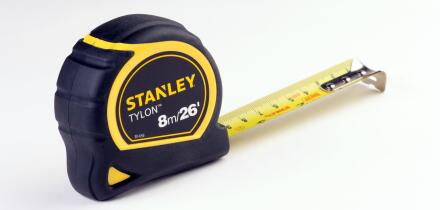Sohar shifts to one step syndication
Unlock this article.
The content you are trying to view is exclusive to our subscribers.
To unlock this article:
- ✔ 4,000 annual insights
- ✔ 700+ notes and long-form analyses
- ✔ European securitization issuance database
- ✔ Daily newsletters across markets and asset classes
- ✔ 1 weekly securitization podcast






